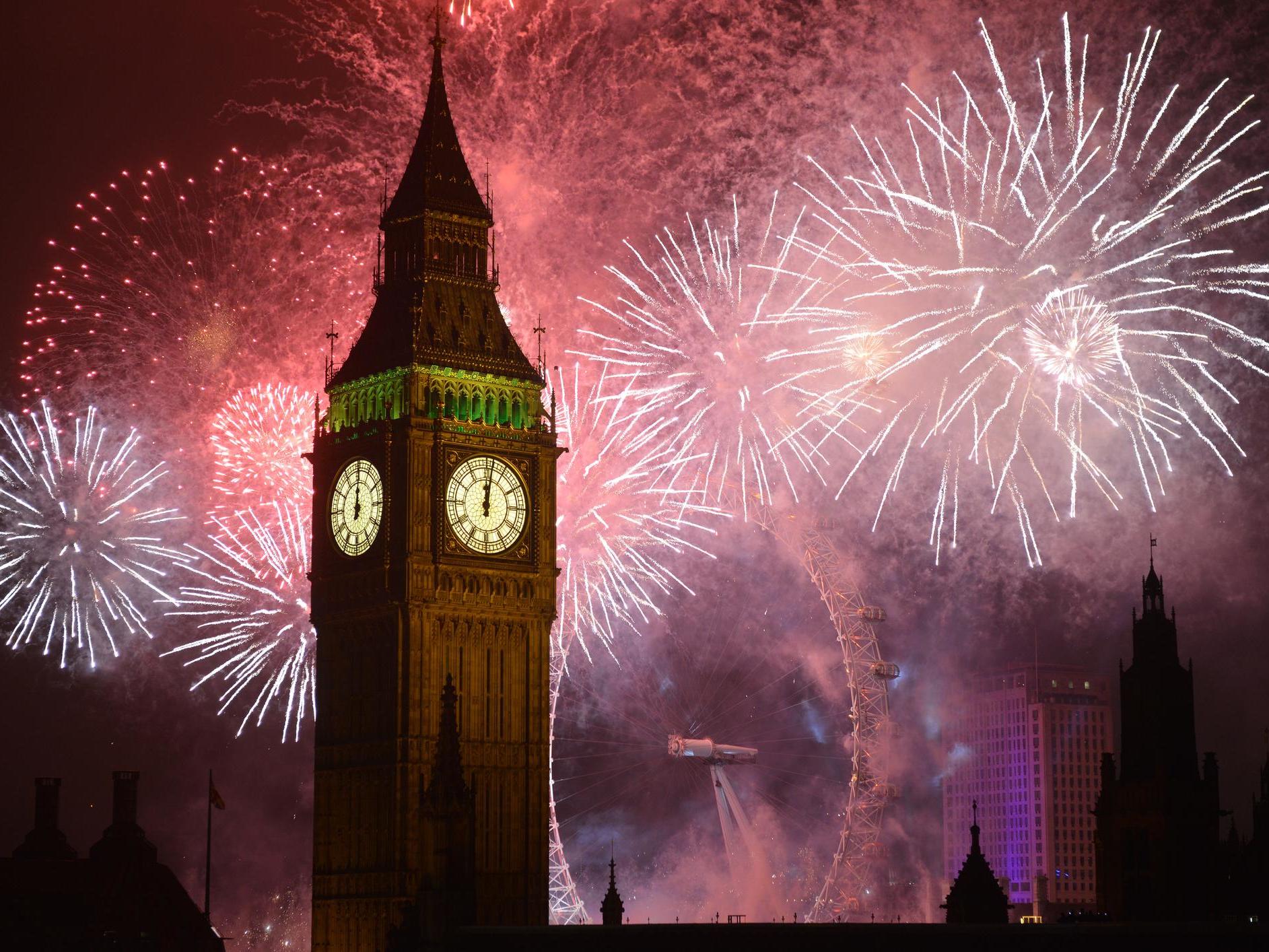I cringe at the new year’s resolutions in my teenage diary – but I’m glad I made them
Before setting your goals for 2024, dig out your childhood journals, says Glenda Cooper – the wildly unrealistic expectations, and embarrassing lists of boys you intend to kiss, may, in fact, guide your adult choices and strengthen your resolve in the year ahead


New Year’s Eve. The time to say goodbye to the old year and welcome in the next, armed with a glass of fizz, a lump of coal – and, of course, your 10 immaculately composed resolutions.
What? You don’t make 10? Who are these resolution-makers who won’t fully commit?
I made my first set of 10 new year resolutions as a nerdy 13-year-old with a mullet and no social life, and, while both of those aspects of my life have hopefully improved, the list of 10 has remained constant.
Digging out that old diary with the blue velvet cover and swirly handwriting, it’s clear that, even in year 9, I started with a wildly unrealistic view of what I might achieve over 12 months.
The first three read as follows:
1. Be good
2. Help others, esp. the old
3. Write a novel
A definition of “old” wasn’t specified, although another nearby diary entry describes my mother’s friend as “very middle-aged, about 39”, so fortysomethings were probably at risk from my attempts to assist them.
To be fair, things did get slightly more racy a couple of New Year’s Eves later, when my efforts to write a bestselling sequel to The Scarlet Pimpernel had been abandoned and I had moved on to vowing to take my make-up off at night and stop writing in my diary about boys I fancied. Still, none of these pledges would really stand up to serious SMART goal-setting analysis.
My passion for resolutions means I am following in 4,000 years of tradition – from the ancient Babylonians, who made such promises to repay debts to curry favour with the gods, via the Romans who gave us our January start date. My favourite resolution-makers were the medieval knights who took the Vow of the Peacock (which involved having to place their hands on a live bird) to renew their commitment to chivalry for a whole year. Puts only committing to that HIIT class for a month into perspective.
Yet according to a new survey from Forbes Advisor, only 30 per cent of us will make a new year resolution this year – although that is significantly up from the 19 per cent who planned to do so this time last year. The most enthusiastic are those from my hometown of Liverpool (40 per cent), and from London (36 per cent), where I now live. But the decision to make 10 each year – anticipating the failure of most of them – definitely has its roots in my family’s Welsh Presbyterianism, which glories in pessimism. Since I can remember, my grandmother’s response to any social invitation has always been: “Yes, if I’m spared.” (She celebrated her 103rd birthday in September.)
Still, I’m shocked that more than two-thirds of us won’t even try to make any resolutions these days. But is this down to how we frame resolutions? It’s notoriously difficult to measure new-year pledges and their success or failure. Yet a large-scale study of Swedes, published in 2020, proved that people can persist with resolutions and change their lives.
Those who had what the researchers from Stockholm University deemed “approach-oriented” goals (where you aim to reach or maintain a desired outcome such as, for example helping a set number of old people) were more successful than those with “avoidance-oriented” goals (where you avoid or eliminate an undesired one – for example, stopping writing about boys you fancy). And those who were given support – a person to keep them accountable – did significantly better.
But looking back to last year’s resolutions and the ones I made as a teenager, the curious thing is the similarity. They may be written on a smartphone rather than a notebook, and there aren’t long lists of the hottest Wirral boys. Yet despite all the years of yoga classes and self-help books, the essence of them remains the same: trying to be a better person, write more, commit to skincare, and do things that benefit others. Even if I’m now – scarily – the person my 13-year-old self would have insisted on helping across a zebra crossing.
So yes, there is something intrinsically positive about the fact that every December, deep within us, we resolution-makers optimistically aim to improve, however imperfect it turns out to be and however many times we fail. We do know what would be better for us – and we want to achieve that, despite all the cynicism around. As the behavioural economists Richard Thaler and Cass Sunstein famously put it: “How many people vow to smoke more cigarettes, drink more martinis, or have more chocolate doughnuts in the morning next year?”
Although, on reflection, perhaps that could be the way to finally make a real revolution in my resolutions...






Join our commenting forum
Join thought-provoking conversations, follow other Independent readers and see their replies
Comments